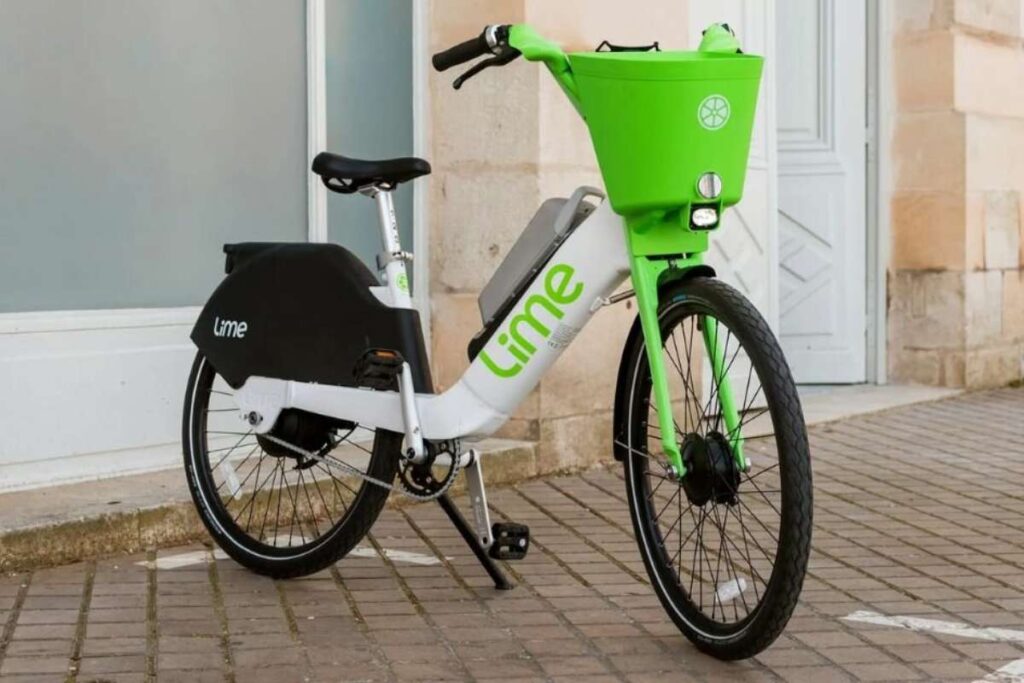[Source – reuters]
Russia’s trade relationship with India is experiencing significant growth, with smooth financial transactions contrasting sharply with the challenges faced in other international markets, according to Anatoly Popov, deputy CEO of Sberbank, Russia’s largest financial institution.
Record Trade Figures and Uninterrupted Transactions
Sberbank, which oversees up to 70% of Russia’s exports to India has reported a remarkable increase in bilateral trade. In 2023, trade between the two nations surged to $65 billion, nearly doubling from previous years. This growth is largely attributed to India’s increased import of Russian oil, following Western sanctions imposed on Russia in 2022 over its involvement in the Ukraine conflict.
Popov shared insights in an exclusive interview ahead of the Eastern Economic Forum, an upcoming economic conference focused on Russia’s Asian partnerships. He noted that in 2022, Russian businesses showed a marked interest in the Indian market as it emerged as a viable alternative due to geopolitical tensions.
Sberbank’s Expansion and Operational Efficiency
Sberbank has a notable presence in India, with branches in Delhi and Mumbai, and an IT center in Bangalore. The bank’s workforce in India has expanded by 150% this year, reflecting its commitment to strengthening its operations. In April, Sberbank announced plans to recruit 300 IT specialists for its Bangalore hub.
Despite facing Western sanctions that preclude transactions in U.S. dollars and euros and restrict the use of the SWIFT international transfer system, Sberbank has reported no operational issues in India. Sberbank fully participates in Indian payment and interbank systems without any restrictions, Popov stated, highlighting India’s position as a key partner. Unlike Western nations, India has not imposed sanctions on Russia and continues to maintain a friendly relationship, as part of the BRICS group of emerging economies.
Efficient Transactions and Balanced Trade
According to Sberbank, transactions in roubles and rupees are processed smoothly, with 90% of transactions completed within a few hours. This efficiency starkly contrasts with the delays experienced in trade with other partners, such as China.
Popov also addressed the previously reported issue of a rupee surplus held by Russian companies, which had affected bilateral trade. The problem has been resolved; the rupee surplus no longer exists, he confirmed. He added that to achieve a more balanced trade dynamic, Indian exports to Russia would need to increase tenfold. An Indian source noted on August 14 that the surplus has been reduced to a few million dollars.
India’s Role as a Key Supplier
Popov underscored India’s capability to meet Russia’s import needs, emphasizing the country’s self-sufficient economy. India is a vast, self-sufficient economy capable of fulfilling any goods requirements Russia had previously sourced from other countries, he explained.
Sberbank is also enhancing its financial services by offering a range of hedging instruments, including forwards and options. Additionally, the bank provides rupee-denominated loans to Russian companies at rates lower than those available in Russia.
Regulatory Support and Future Outlook
Popov expressed gratitude towards Indian regulators for facilitating operations through rupee-denominated Vostro accounts. These accounts, held by domestic banks on behalf of foreign banks, support smoother operational processes.
He concluded by affirming that the current system for converting roubles and rupees is functioning efficiently, eliminating the need for third-party currencies in settlements. Nevertheless, he indicated that increasing the use of rupees in stock exchange transactions could further enhance transparency and operational efficiency.
As Russia and India continue to bolster their economic ties, the smooth financial transactions and expanding trade underscore a resilient partnership amid global uncertainties.
- Did you find this article helpful? Visit more of our blogs! Mr Business Magazine








